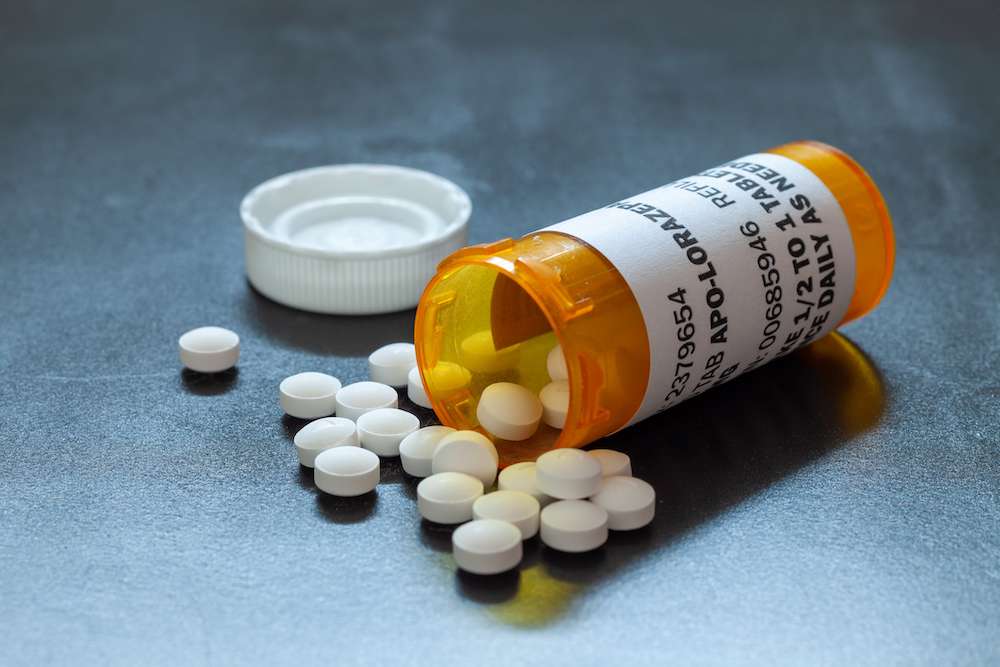Checking understanding: Biological treatments
 The following worksheet checks your understanding of drug treatments of psychological disorders. It should not matter which disorder you have studied - the critical thinking for each of the questions will be the same, just with slightly different examples. Try to answer the questions first before checking the answers that are provided in the "hidden boxes."
The following worksheet checks your understanding of drug treatments of psychological disorders. It should not matter which disorder you have studied - the critical thinking for each of the questions will be the same, just with slightly different examples. Try to answer the questions first before checking the answers that are provided in the "hidden boxes."
Checking for understanding
1. What are the three ways that drugs may work to regulate neurotransmission?
Drugs may block the receptor site on the post-synaptic cleft; they may inhibit the reuptake of neurotransmitters into the terminal buttons of the axons; they may break down enzymes that have the role of breaking down neurotransmitters in the synapse.
2. Why are SSRIs the preferred drug treatment today for many different disorders?
SSRIs are the preferred drug simply because they have fewer side effects. This does not mean that they have no side effects, but that the rate of side effects is much lower. In addition, the toxicity of the drug is lower than tricyclic. This means that it is difficult to overdose on the drug. Since suicidal ideation is part of depression, this is an important consideration.
3. Why is it an important strength of drug therapy that out-patient care has become the norm in the treatment of patients with mental health problems?
Before there was out-patient care, many patients were hospitalized. The results of hospitalization include separation from those you love that may support you in your depression. It has been found that institutionalization can lead to negative behaviours that can compound the problems of depression.
4. What does the research say about relapse rates with drug treatments?
Research indicates that patients who are treated only by drug therapy tend to have a high relapse rate. This is because although their symptoms may have been treated, they have not learned psychological coping strategies for dealing with their feelings of depression. The best approach appears to be a combination of drug therapy (to alleviate symptoms) and psychological therapy.
5. What is a double-blind study? How would it be applied to a study of a drug's effectiveness?
In a double-blind study, the people carrying out the research do not know which group is getting the placebo and which group is getting the drug treatment. In addition, when the researcher overseeing the study gets the data, she would not know which condition the individual was in. This is important because it lowers researcher bias. If I am evaluating a person's mental health to determine whether he/she has improved, not knowing whether the person was on the placebo or on the drug will help to keep the assessment more objective.
6. Why are studies of the effectiveness of treatments problematic?
There are several reasons. First, it is difficult to establish when a person is "over" his/her depression. So, to simply look at an outcome rather than improvement over time (process-based study) means that we may be underestimating the effects of drug treatment. Second, many patients do not take their drugs regularly or do not follow the directions. Also, there is the problem that when we are talking about "depression", we are talking about a range of symptoms which may be to a different extent in different patients. Finally, there is the problem that there are other variables in a patient's life that may affect their mental health. These environmental variables may play a significant role in whether the patient improves or not.
7. What is meant by publication bias? How does it affect research on the effectiveness of drug treatment?
Publication bias is when published research tends to favour only positive results. Negative results - that is, when the null hypothesis is retained - are not considered very interesting and therefore are often not published. However, when carrying out a meta-analysis of research, this means that it skews the review of the literature to be more positive than it actually is. In the case of drug treatment, in the case of the New England Journal of Medicine study, 94% of studies published were positive; when adding in those that were submitted which retained the null hypothesis but were rejected for publication, the number of studies showing positive outcomes for SSRIs dropped to around 50%.
8. With regard to drug treatment, why is it important to understand the relationship between etiology and the therapeutic approach? (the third of the three learning outcomes for this lesson)
When addressing this question it is important to understand the Serotonin hypothesis. But modern thinking about this hypothesis is that a decrease in serotonin is the result of high levels of cortisol. If this is true, it would explain why relapses happen when only drug therapy is used as a treatment. It also means that low levels of serotonin are one of the symptoms correlated with depression and this may explain why some people do not respond to the drug. But the fact that there is a correlation and the correlation may be relevant to some of the symptoms of feeling down, means that addressing the neurotransmission of serotonin is perhaps a logical treatment in some cases.

 IB Docs (2) Team
IB Docs (2) Team
